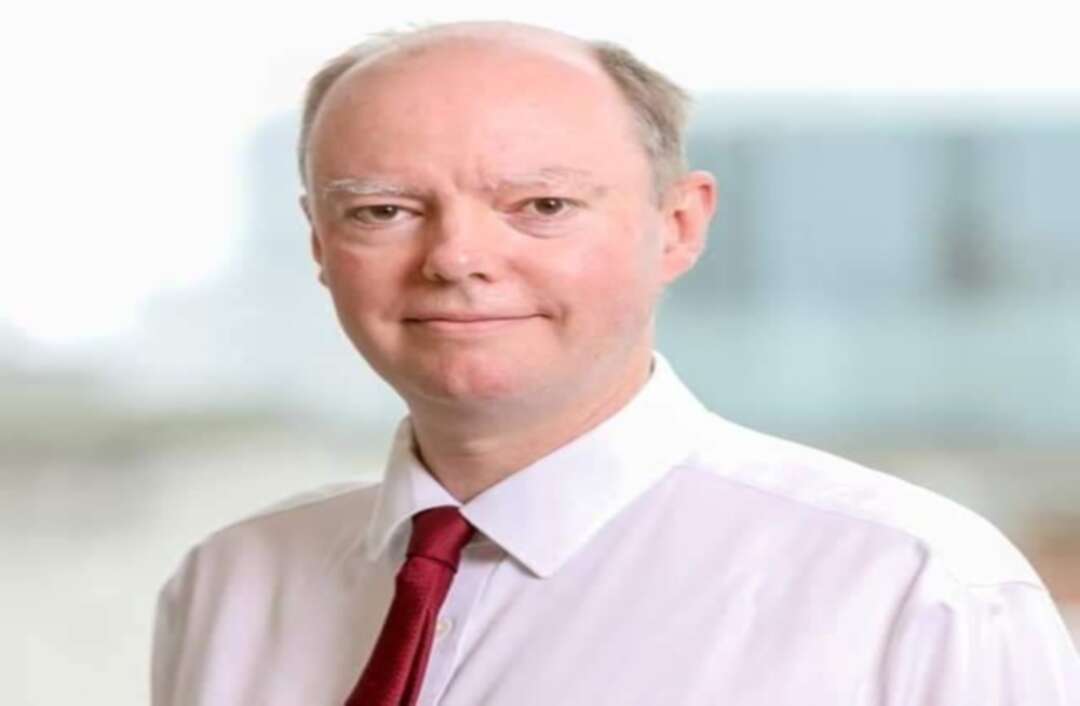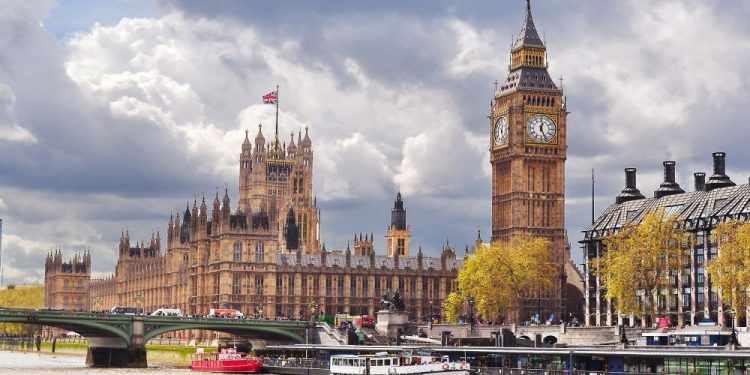-
Prof Chris Whitty says deprived seaside towns need to be redesigned

The BBC reported, England's chief medical officer has said, seaside towns need to be redesigned for the modern age to tackle deprivation and health inequalities.
According to the BBC, Prof Chris Whitty said many coastal towns were built around industries like fishing and tourism that have collapsed over the past century.
He said, around the nation towns like Blackpool, Skegness and Hastings have "really significant deprivation."
He added, attention must focus on "how we can re-invent them for the new era."
Chris Whitty said: "One of things we need to do with all of them is take a long-term view of how we recreate a sense of excitement that you had along the coast when these towns were first produced."

The BBC said that in June, Prof Whitty published a report that highlighted the "overlooked" issues in coastal towns, which have higher rates of poor health and lower life expectancies.
Read more: UK’s Labour to increase taxes on online retailers to help high street retailers
Prof Whitty said,coastal towns have more in common with each other than their in-land neighbours.
"These are really wonderful places, but alongside the beautiful areas on the coastline and some of the resort areas, very close to them you can often have areas of really significant deprivation."
He said, Shared issues included poor housing and transport connections.
He said, it could also be difficult to attract healthcare staff to coastal towns, while there were limited educational and employment opportunities.
Read more: Ethiopia closes embassy in Egypt due to economic reasons
Prof Whitty said that one solution would be to focus medical training colleges in deprived towns.
He added, students should also be encouraged to pursue careers in medicine, nursing and the care sector.
The message to young people should be: "You can do it. Why not be a doctor. Why not be a nurse."
Source: BBC
You May Also Like
Popular Posts
Caricature
BENEFIT Sponsors BuildHer...
- April 23, 2025
BENEFIT, the Kingdom’s innovator and leading company in Fintech and electronic financial transactions service, has sponsored the BuildHer CityHack 2025 Hackathon, a two-day event spearheaded by the College of Engineering and Technology at the Royal University for Women (RUW).
Aimed at secondary school students, the event brought together a distinguished group of academic professionals and technology experts to mentor and inspire young participants.
More than 100 high school students from across the Kingdom of Bahrain took part in the hackathon, which featured an intensive programme of training workshops and hands-on sessions. These activities were tailored to enhance participants’ critical thinking, collaborative problem-solving, and team-building capabilities, while also encouraging the development of practical and sustainable solutions to contemporary challenges using modern technological tools.
BENEFIT’s Chief Executive Mr. Abdulwahed AlJanahi, commented: “Our support for this educational hackathon reflects our long-term strategic vision to nurture the talents of emerging national youth and empower the next generation of accomplished female leaders in technology. By fostering creativity and innovation, we aim to contribute meaningfully to Bahrain’s comprehensive development goals and align with the aspirations outlined in the Kingdom’s Vision 2030—an ambition in which BENEFIT plays a central role.”
Professor Riyadh Yousif Hamzah, President of the Royal University for Women, commented: “This initiative reflects our commitment to advancing women in STEM fields. We're cultivating a generation of creative, solution-driven female leaders who will drive national development. Our partnership with BENEFIT exemplifies the powerful synergy between academia and private sector in supporting educational innovation.”
Hanan Abdulla Hasan, Senior Manager, PR & Communication at BENEFIT, said: “We are honoured to collaborate with RUW in supporting this remarkable technology-focused event. It highlights our commitment to social responsibility, and our ongoing efforts to enhance the digital and innovation capabilities of young Bahraini women and foster their ability to harness technological tools in the service of a smarter, more sustainable future.”
For his part, Dr. Humam ElAgha, Acting Dean of the College of Engineering and Technology at the University, said: “BuildHer CityHack 2025 embodies our hands-on approach to education. By tackling real-world problems through creative thinking and sustainable solutions, we're preparing women to thrive in the knowledge economy – a cornerstone of the University's vision.”
opinion
Report
ads
Newsletter
Subscribe to our mailing list to get the new updates!






















